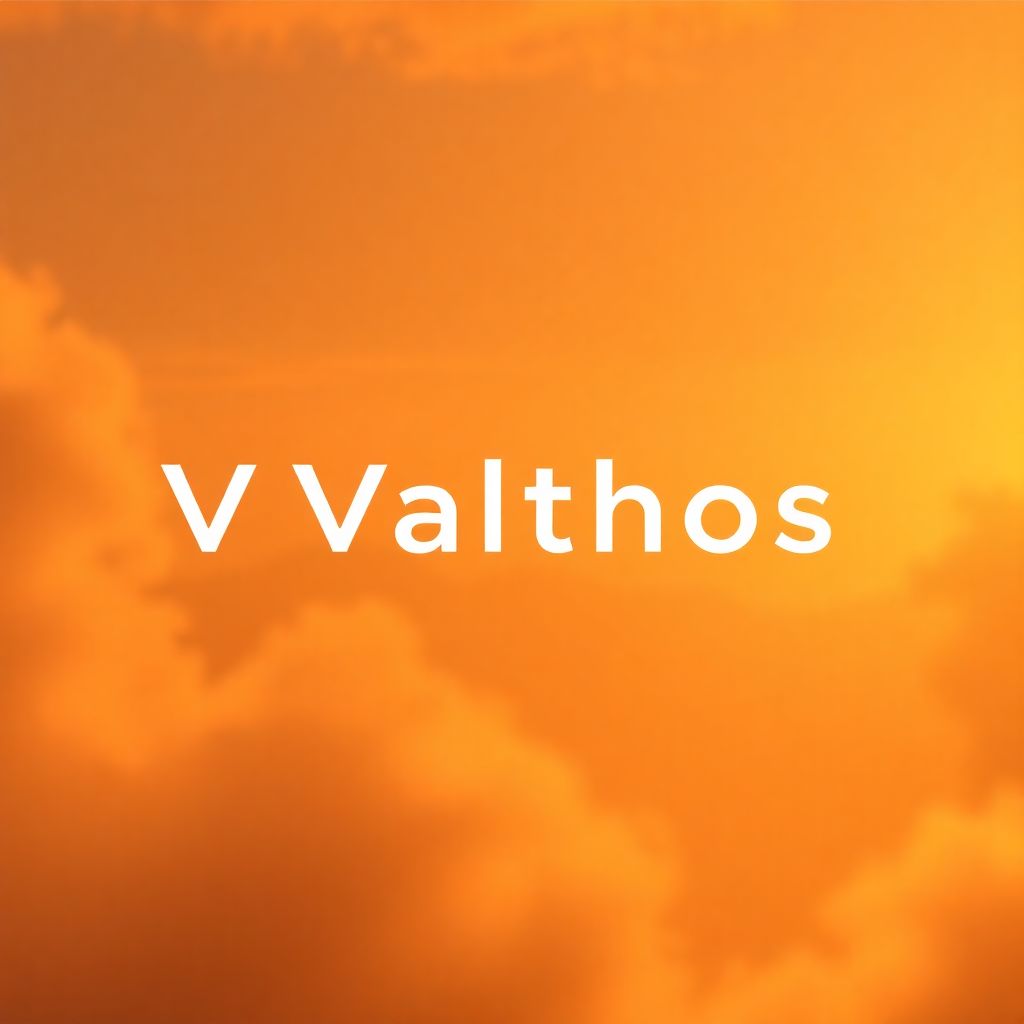AI startup Valthos, specializing in biodefense technologies, has officially launched with an initial funding round of $30 million, bolstered by support from OpenAI. Positioned at the intersection of artificial intelligence and biotechnology, the New York-based company aims to revolutionize the way the world identifies, monitors, and responds to biological threats — from emerging pathogens to potential bioterrorism.
At the core of Valthos’ mission is the development of adaptive AI systems designed to detect biological risks in real time and generate rapid medical countermeasures. These include vaccines, therapeutics, and diagnostics, all tailored to respond to genetic signatures of novel or mutating threats. The company’s technology is intended to evolve in sync with the biological agents it targets — a critical capability in an age of unpredictable pandemics and rapidly spreading diseases.
Valthos believes biotechnology represents both an extraordinary opportunity and a severe risk in the AI landscape. “Among all use cases for AI, biotechnology offers the greatest potential for transformative impact — and the gravest consequences if misused,” the company posted on social media platform X.
Founded in November last year, the leadership behind Valthos brings deep expertise from both the biotech and AI sectors. CEO Kathleen McMahon previously led Life Sciences at Palantir Technologies, where she worked on data-driven health initiatives. Tess van Stekelenburg, the company’s Chief Science Officer, holds a background in computational neuroscience from the University of Oxford. Meanwhile, Victor Mao, Valthos’ Head of AI Engineering, was part of the founding AI team at another leading tech venture, bringing robust technical experience to the startup.
The company’s early focus is on building AI models capable of interpreting complex biological data, such as genomic sequences, protein structures, and real-time epidemiological trends. These models aim to identify patterns that hint at the emergence of new infectious diseases or engineered biological agents, allowing governments and institutions to mount a defense before outbreaks spiral out of control.
Valthos’ approach differs from traditional biodefense strategies, which often rely on retrospective data and slow-moving bureaucratic processes. Instead, the startup is developing predictive systems that simulate biological evolution and anticipate how pathogens might mutate — enabling preemptive development of treatments and vaccines. Their goal is to shrink the time between pathogen detection and medical response from months or years to mere days or even hours.
The company also plans to collaborate with pharmaceutical firms, academic researchers, and public health agencies to integrate its AI tools into existing biodefense frameworks. By acting as a technological bridge, Valthos hopes to enhance global preparedness against everything from naturally occurring epidemics to synthetic biology threats.
OpenAI’s backing of Valthos signals growing interest from major AI players in the biosciences. While details of OpenAI’s involvement remain limited, the support suggests alignment with Valthos’ vision of AI as a tool for global resilience. This partnership could provide access to advanced AI infrastructure and research capabilities to accelerate Valthos’ R&D efforts.
In addition to its core mission, Valthos is investing in ethical oversight and governance. The company is forming an advisory board consisting of bioethicists, epidemiologists, and AI safety experts to ensure its technologies are developed responsibly. Given the dual-use nature of biotechnology — where tools for health can be repurposed for harm — this is a necessary step toward risk mitigation.
Biodefense has become a renewed focus for policymakers and technologists alike in the wake of the COVID-19 pandemic. The global crisis exposed the limitations of existing surveillance systems and the need for faster, more agile responses. Valthos seeks to fill that gap by offering a scalable, AI-powered alternative that can adapt as quickly as the threats themselves.
Looking ahead, the startup intends to scale its platform through cloud-based deployment, enabling real-time analysis of biological data from laboratories, hospitals, and field sites worldwide. This distributed infrastructure would make it possible to generate a global early warning system for biological threats — a kind of biosurveillance network fueled by AI.
The $30 million in funding, raised from a combination of venture capital firms and strategic partners, will be used to expand the company’s engineering team, enhance computational infrastructure, and begin pilot programs with select partners in the public health and pharmaceutical sectors.
Valthos also plans to open research hubs in Boston and London, cities known for their concentration of biotech talent and academic institutions. These hubs will serve as centers for innovation, collaboration, and testing of the company’s platform in real-world settings.
As the boundary between AI and biology continues to blur, startups like Valthos represent a new frontier in life sciences — one where machine learning not only processes data but actively participates in the defense of global health. With its ambitious technology and high-profile backing, Valthos is positioning itself as a key player in the next generation of pandemic preparedness.
In a world where biological threats are becoming more sophisticated and potentially engineered, the need for equally sophisticated defense systems is urgent. Valthos aims to be at the forefront of this shift, using artificial intelligence to safeguard humanity in an increasingly complex biosphere.

